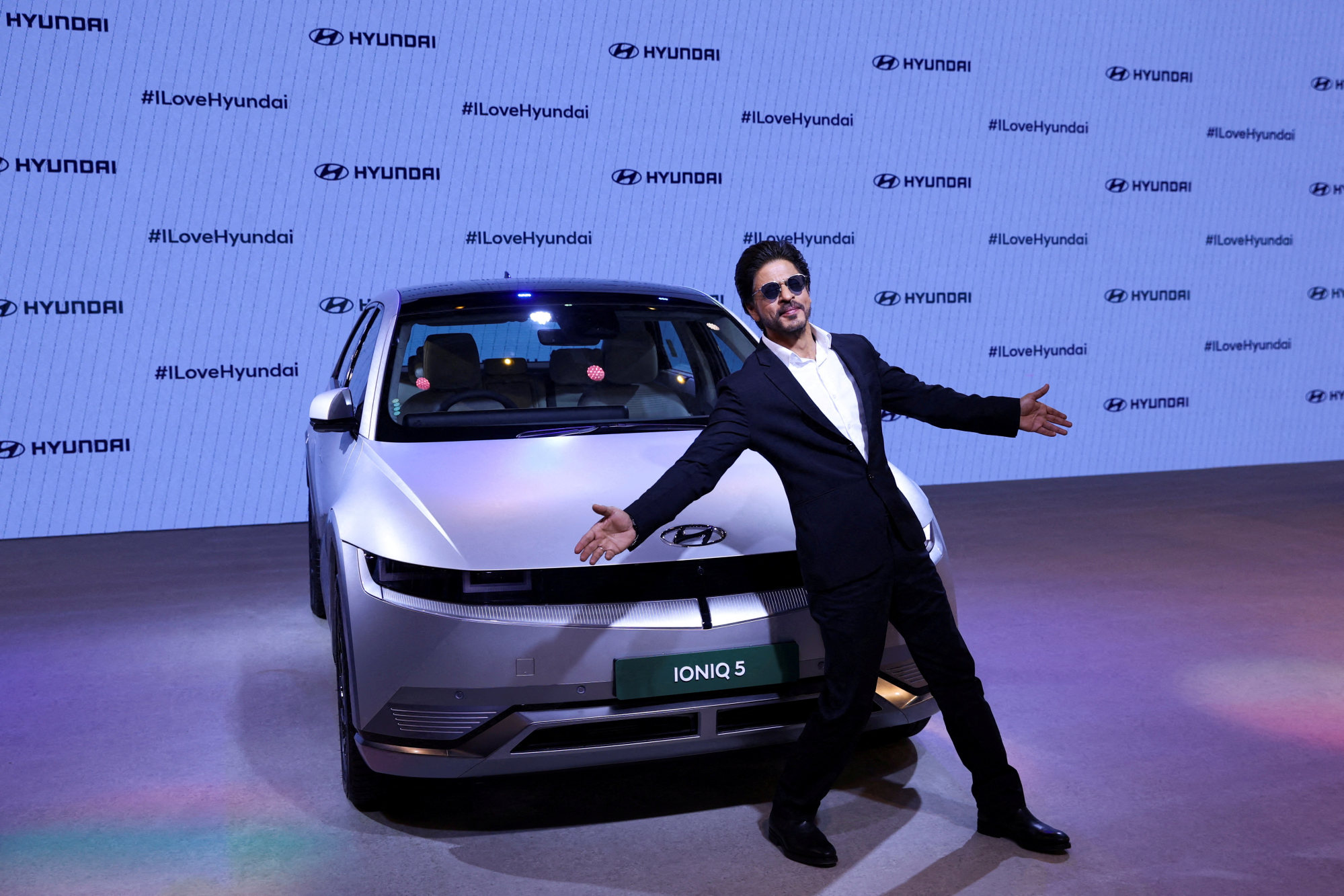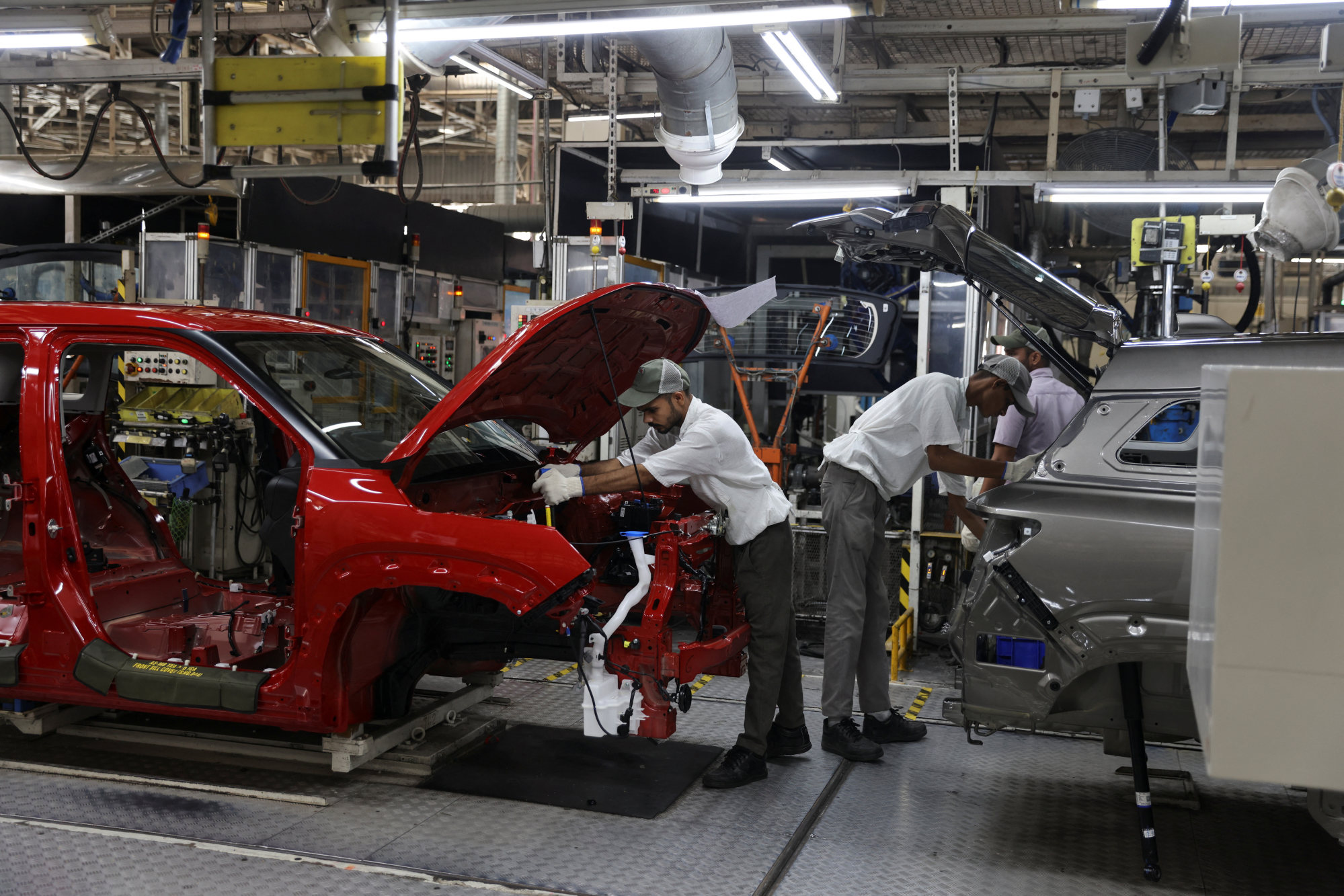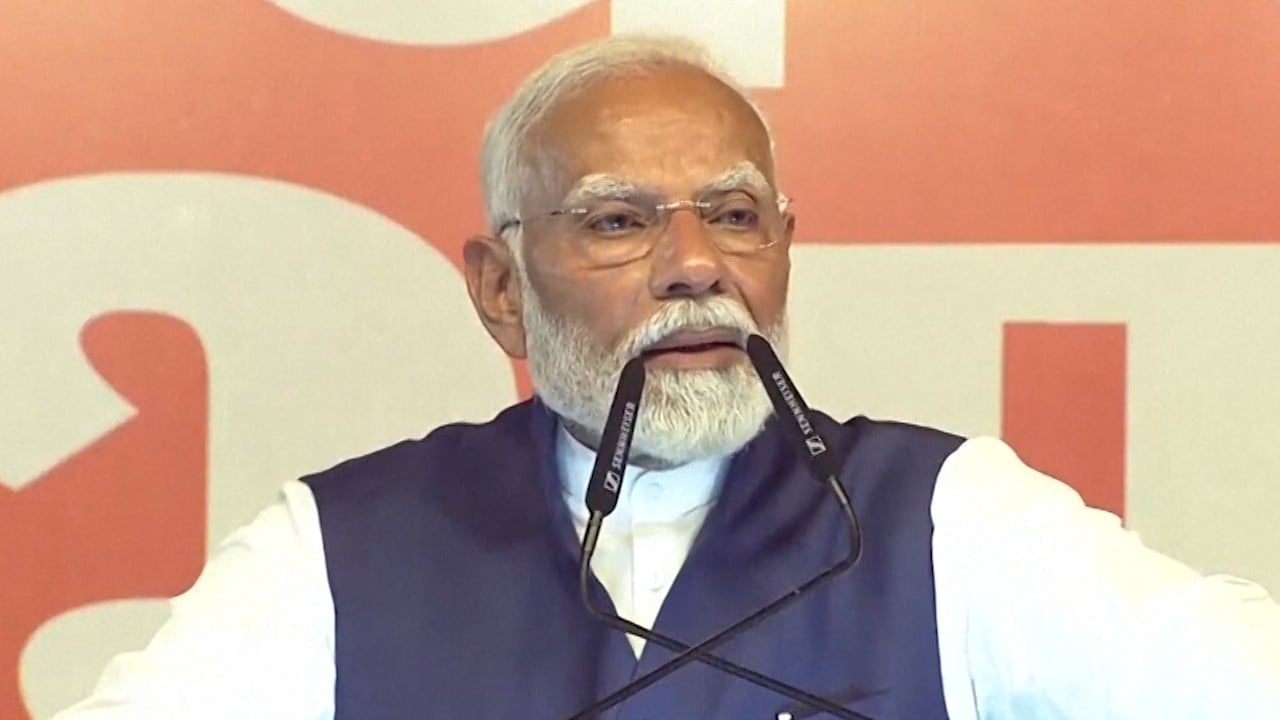Several other Indian companies such as food delivery service provider Swiggy, e-scooter marker Ola Electric and financial company Bajaj Housing Finance are expected to launch IPOs valued around US$1.25 billion, US$843 million and US$880 million, respectively, in the coming months.
The time intervals between large IPOs appeared to be getting shorter in recent years, said Pranav Haldea, managing director of Prime Database, which specialises in information on major financial markets.
Puneet Gupta, director of mobility at S&P Global, said Hyundai was looking to expand in India because it was expected to be the only country among the world’s five biggest car markets to grow over the next 10 years.

“The Indian market is at an inflexion point, whether in terms of density of car sales or new technology like electric vehicles and hybrids,” said Gupta, adding that a government programme providing productivity-linked incentives for manufacturers has encouraged more investments by foreign companies.
In addition, New Delhi has offered financial sweeteners such as tax breaks, cheaper rentals and discounted electricity charges in the past three years to attract more manufacturing investments.
With the per capita income of residents in India expected to more than double over the next decade, aspirations of owning a car would also grow in tandem, Gupta said.
Hyundai sold around 600,000 cars and produced around 765,000 in India last year. India is also an important export base for the company.
Upon reaching a sales milestone of 1 million cars, Hyundai would likely expand its facilities in India in areas such as research and development, Gupta said. Hyundai has pioneered innovative features in cars sold in India such as new engine technology and panoramic sunroofs.

Despite performing well in the Indian market, Hyundai has to launch more electric vehicles and hybrid cars to boost its sales, Gupta said.
“Hyundai needs a lot of investments to expand its vehicle capacity and investment in new vehicles. India is a very important market not only to sell cars but also for research and development,” he added.
Hyundai has invested US$5 billion in India, where it has two manufacturing units, since its entry into the market in 1996. It plans to invest another US$4 billion in the country over the next decade. After making hatchbacks in India in the initial years, Hyundai has expanded its product line to include sports utility vehicles and sedans.
Parveen Arora, a partner of law firm BTG Adways, said Hyundai’s IPO would encourage more foreign companies to invest in India and bring more funds to finance manufacturing operations in the country.
“Hyundai may become less dependent on its Korean parent, which will be a very positive sign.”
Arora noted that Hyundai would join an “elite list” of several publicly listed carmakers in India including Maruti Suzuki and Tata Motors.
Analysts say it is rare for a foreign company to transfer shares to a subsidiary ahead of an IPO due to the complexity of mapping out a management structure. But Hyundai’s IPO could reflect a mindset change and the attractiveness of India’s markets, they add.
Market sentiment in India has improved in recent sessions as investors digested news of the ruling Bharatiya Janata Party’s election victory and the formation of Modi’s coalition government.
India’s benchmark Bombay Stock Exchange rose to a record high of 77,301 at the end of trading on Tuesday, with analysts saying investor optimism in the broader financial markets typically bodes well for planned IPOs such as Hyundai’s listing.
Haldea said there were public share offers launched even during the April to June elections. “Usually, this is a dry period for IPOs,” he added.
With the elections over, share-buying interest among domestic and foreign investors has been rising, according to Haldea.
Hyundai’s proposed IPO would underpin investor confidence and become a significant event in the history of Indian financial markets, Haldea said.
“It’s a landmark moment. It shows the confidence that the company has that such a large issue can succeed.”


